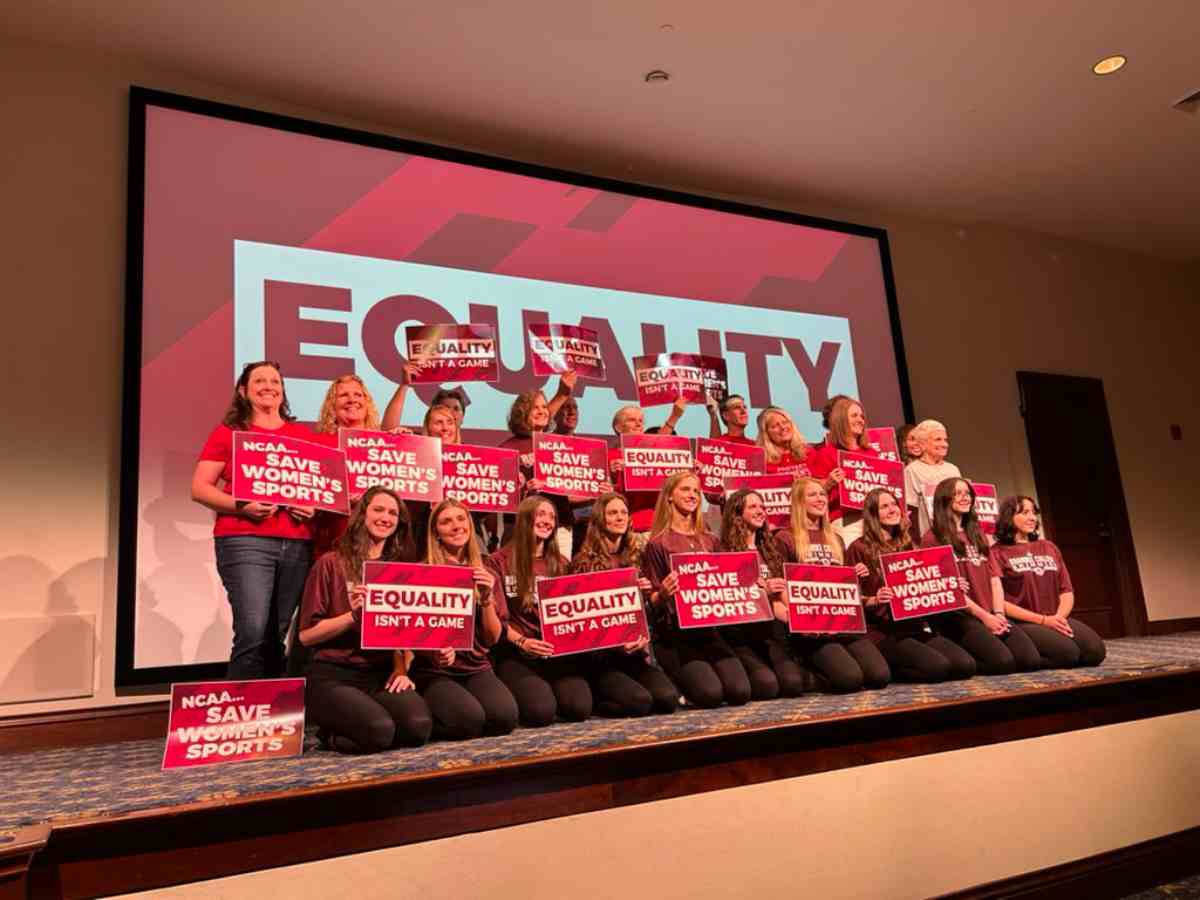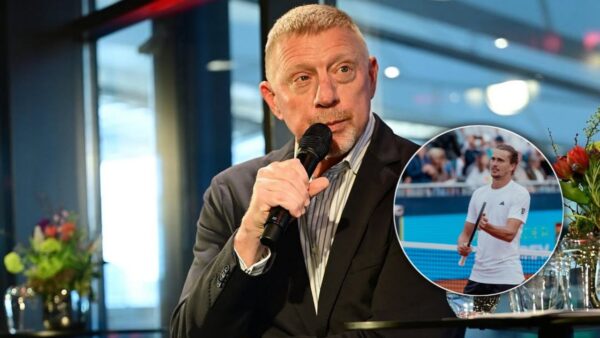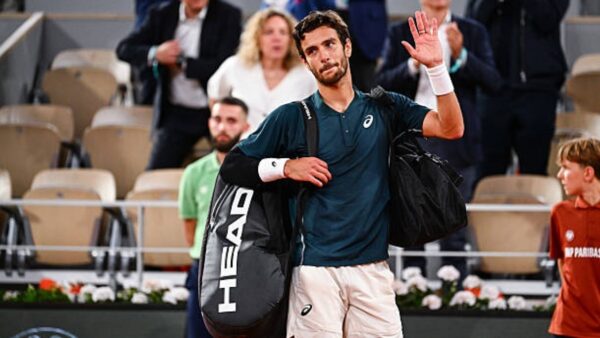Women swimmers at Roanoke College felt “helpless” and rejected by the institution because of a transgender teammate controversy
Riley Gaines and Paula Scanlan should be given a substantial amount of recognition. Their refusal to give up demonstrates remarkable courage and perseverance.

Roanoke College women's swim team [Image Credit- Twitter]
Female swimmers from Roanoke College met up to address their apprehensions surrounding the inclusion of men assigned male at birth who aspire to join women’s sporting events.
The team requested the NCAA’s intervention to ensure equal opportunities for women in sports and handle the increasing inclusion of transgender women in female competitions. The athletes openly revealed their emotions and voiced their dissatisfaction and discontent regarding the inclusion of a transgender woman in their team, who had previously competed as a man.
In discussing her male teammate’s decision to participate in the competition alongside her and the other female swimmers, Bailey Gallagher, a 21-year-old swimmer, spoke with both surprise and an unpreparedness for such a scenario. Initially, Gallagher and her teammates had no objections to the transgender swimmer’s decision to transition. However, at present, they sense that their achievements and triumphs are being overlooked.
The event was called “NCAA – Save Women’s Sports”. Riley Gaines, a renowned swimmer, was part of the discussion and expressed her disagreement towards transgender women participating in sports. Additionally, Paula Scanlan, a former swimmer from UPenn, shared her concerns about sharing a locker room with a transgender female swimmer.
A large number of female athletes are expressing anxiety over the ongoing debate regarding transgender women participating in sports. In her compelling address at the press conference, Gaines delved into the sentiments and manipulation faced by women pursuing fairness in sports. She highlighted that advocating for equal treatment of women and girls should not demand bravery or courage. The athletes were dissatisfied because they did not receive adequate assistance from their school, coach, and the NCAA.
They experienced abandonment and disregard while seeking equitable treatment. Her decision to quit the Roanoke College swim team is thought to have been influenced by the upcoming press conference.
Our team leaders, including Kate Pearson, Lily Mullens, and Bailey Gallagher, stated that the problem resulted in a major divide within our Division III team, leading to a lack of support. Although they asserted their lack of ill intentions, they admitted feeling uneasy about having a team member who was assigned male at birth.
Riley Gaines and Paula Scanlan promoted the college’s stance
It was a completely distinct experience at the news conference compared to the usual climate of fear and silence when discussing the involvement of transgender women in women’s sports. Due to fear of social exclusion and retaliation, many swimmers and their parents opted to keep their identities undisclosed during previous interviews.
![Women swimmers at Roanoke College felt "helpless" and rejected by the institution because of a transgender teammate controversy 1 Riley Gaines [Image Credit- Imago]](https://firstsportz.com/wp-content/uploads/2023/10/Q_1696416597.jpg)
Highlighting the event’s utmost importance, Kara Dansky, head of the Women’s Declaration International in the US, emphasized its significance. It was the first instance where an entire women’s team had united to oppose men’s involvement in women’s sports, she noted.
Officials from Roanoke College have stated that a transgender student who previously took a year off from the men’s team is now interested in joining the women’s swim team. The college employed its protocols and principles to conclude. Riley Gaines and Paula Scanlan were lauded by Kara Dansky for their boldness and steadfastness. She highlighted how the female athletes were treated badly and made to doubt their own concerns.
In an effort to advocate for equality in women’s sports, these women chose to express their anger and convey their message during the press conference. The narratives they share demonstrate the challenges that female athletes may face with the inclusion of transgender competitors.
The current discussion regarding this issue emphasizes the significance of implementing impartial and all-encompassing regulations that maintain fairness in women’s sports and uphold the rights and identities of transgender individuals.
In case you missed it:
- Riley Gaines BRUTALLY slams Justin Trudeau’s policies, citing unfair advantage for trans powerlifter’s record-breaking feat in women’s sports
- “I tried to refrain from looking,” Riley Gaines’ jaw-dropping confession about Lia Thomas’ striking physique ignites heated sports debate







